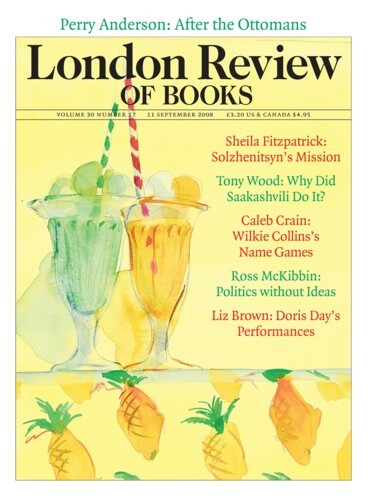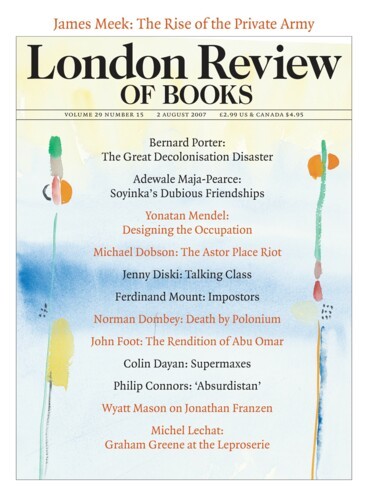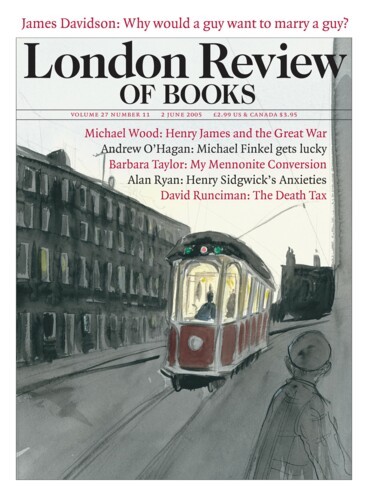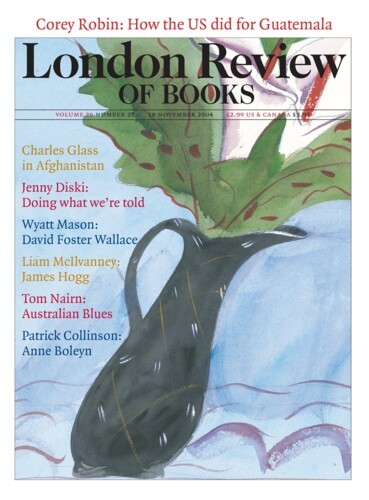Wyatt Mason
Wyatt Mason is a contributing editor at Harper’s Magazine. His translation of Rimbaud’s works is published by Scribner.
Ink-Dot Eyes: Jonathan Franzen
Wyatt Mason, 2 August 2007
The confessional mode in literature has an uncomplicated appeal for both writers and readers: the unburdening of guilt, vicarious or otherwise. But as Tobias Wolff cautioned in his mordant memoir of military service during the Vietnam War, In Pharaoh’s Army: ‘Isn’t there, in the very act of confession, an obscene self-congratulation for the virtue required to see your...
Like Beavers: Safran Foer’s survival stories
Wyatt Mason, 2 June 2005
“And yet, once you get past some sloppy stage-setting and the unlikeliness of Oskar’s quest (which, it turns out, was less a matter of improbability than, in a storytelling miscue, Foer’s withholding too much for too long) the novel earns your trust. Whereas Everything Is Illuminated grows more ponderous and preposterous, Extremely Loud and Incredibly Close improves and deepens. The imaginative terrain it rests on, and to which Foer is staking a maturing claim, is a place where fact can make room for fiction, and fiction accommodate fact. Coming out of a period during which our horrors have become ‘unimaginable’, Foer’s imagining of Oskar’s wish, to which the novel movingly builds, is a reminder that fiction, unlike life, finds a value in wishes that don’t come true.”
Edited by Somerset Maugham: Bedtime stories for adults
Wyatt Mason, 17 March 2005
In 1945, Somerset Maugham contributed a list to Redbook magazine of what were, in his opinion, ‘the ten best novels in the world’. Maugham’s choices were neither surprising nor controversial (War and Peace, Madame Bovary, Moby-Dick) but in a note that accompanied his list, he suggested that ‘the wise reader’ will ‘get the greatest enjoyment out of reading...
Poor Wallace
18 November 2004
Pieces about Wyatt Mason in the LRB
Fleeing the Mother Tongue: Rimbaud
Jeremy Harding, 9 October 2003
Arthur Rimbaud, the boy who gave it all up for something different, is a legend, both as a poet and a renouncer of poetry. He had finished with literature before the age of 21. By the time his...
Read anywhere with the London Review of Books app, available now from the App Store for Apple devices, Google Play for Android devices and Amazon for your Kindle Fire.
Sign up to our newsletter
For highlights from the latest issue, our archive and the blog, as well as news, events and exclusive promotions.





